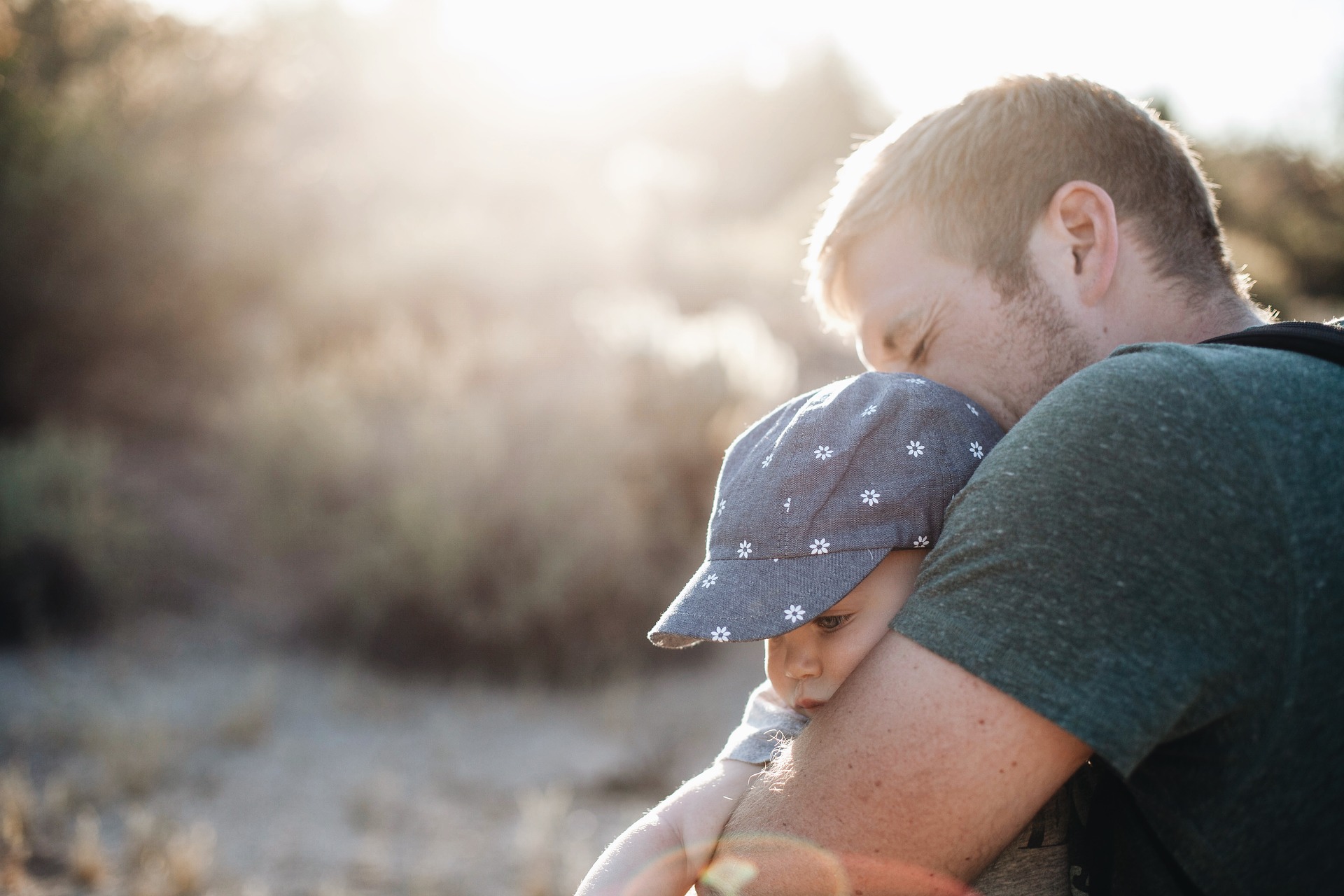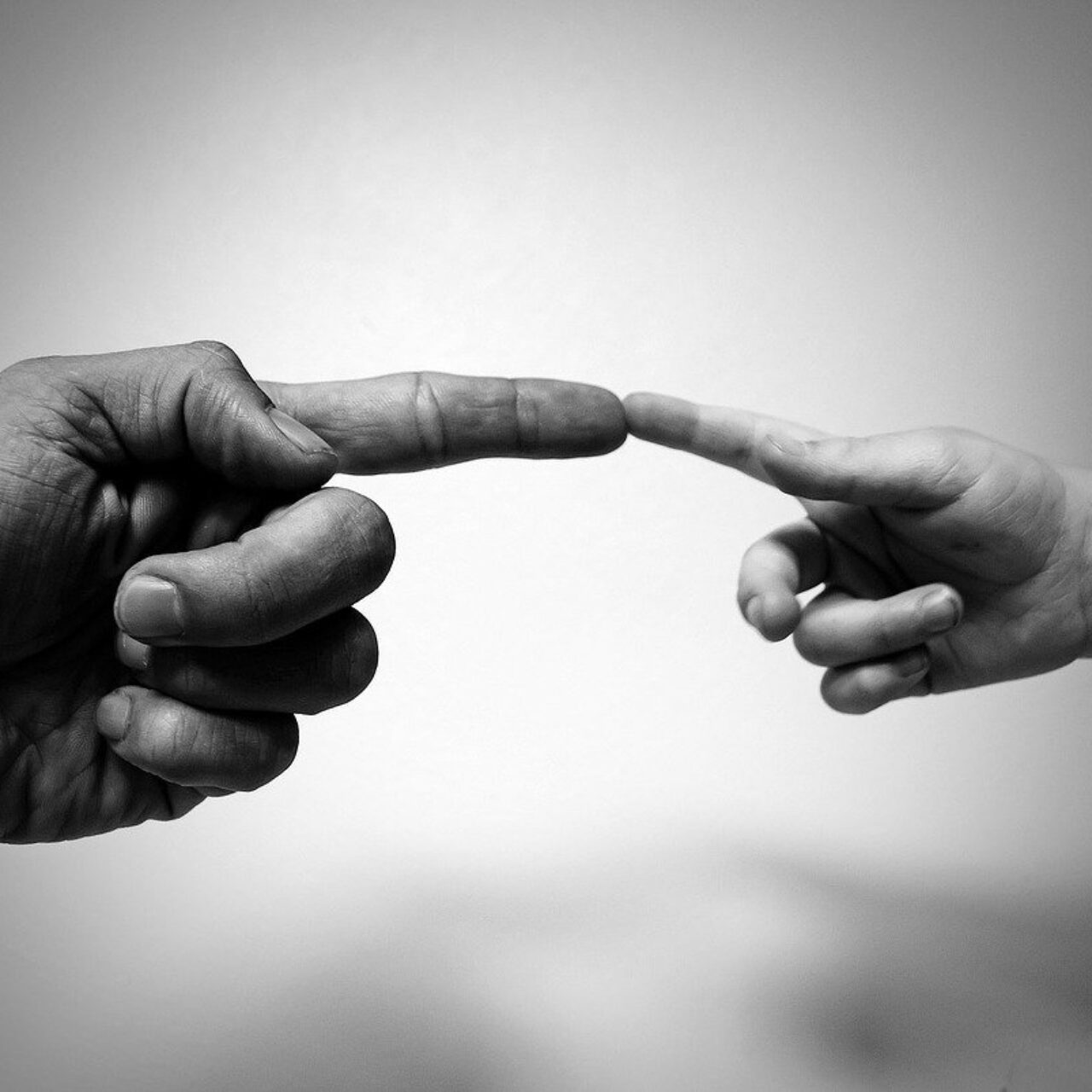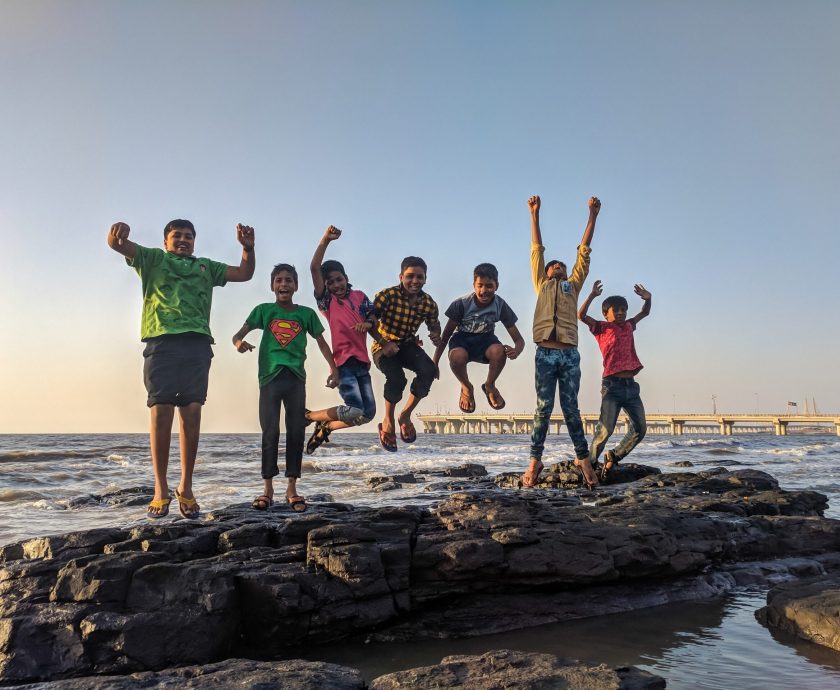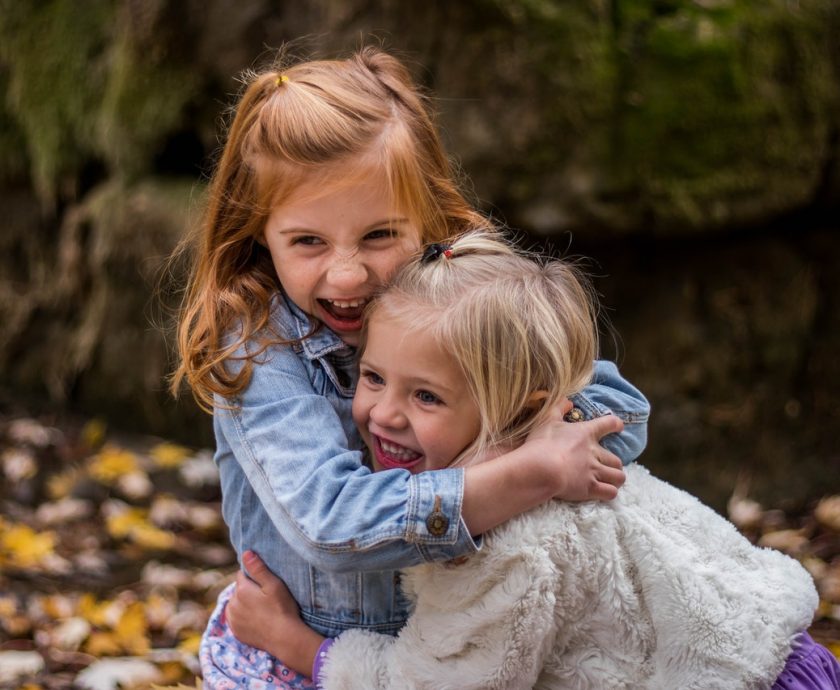1. SERVE A FOSTER FAMILY
Pick up a prescription. Clean a house. Mow a lawn. Drop off coffee. Chauffer kids. Fold laundry. Pick up milk. Make a meal. Buy diapers. Collect furniture. Share baby gear. Drive to visits. Ask the foster families in your life how they specifically and practically need help and volunteer to help!
2. VOLUNTEER WITH YOUR LOCAL AGENCY OR STATE DIVISION
Most agencies have many different needs for volunteers. You can spruce up a visitation room with new toys and supplies. You can provide childcare for support group meetings. You can get involved with clothing or gift drives. In some states, you can even transport or supervise visits with biological parents. Contact your local agency and ask what the needs are.

3. PRAY
This isn’t as trite as it sounds. When you access the God of the universe on behalf of another, it is the most loving and powerful thing you can do. Pray for foster parents. Pray for adoptive parents. Pray for the children in their care. Pray for children who are waiting for families. Pray for the judges and the workers and the lawyers and the therapists. Pray.
4. BABYSIT FOR A FOSTER FAMILY
Many foster children have several appointments scheduled within a six week period. That means that foster parents are in dire need of help with other children in the household. People who are willing to care for foster children for small periods of time make it possible for people who are able to care for them full time.
5. MENTOR FOSTER YOUTH
Look for opportunities through the state, local organizations, or even Big Brothers Big Sisters of America to connect with foster youth, former foster youth, or at risk children. Mentoring is such a meaningful way to affect the life of a current or former foster child. The relationship can be an opportunity to show love and care to someone who’s maybe never experienced it, tell of the great sacrifice of Jesus with someone who’s maybe never heard it, share wisdom and life skills with someone who’s maybe never been taught them, and possibly even be a stand-in family member to someone who’s maybe never had anyone.











